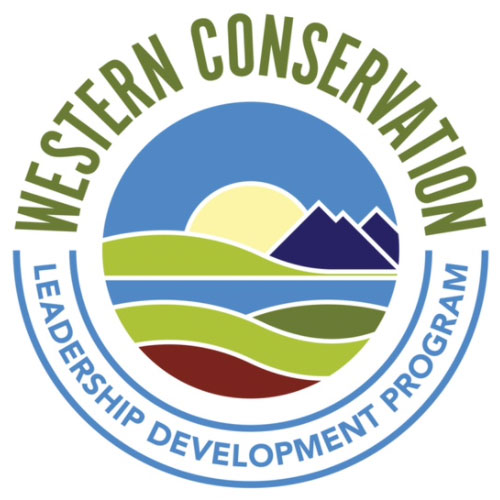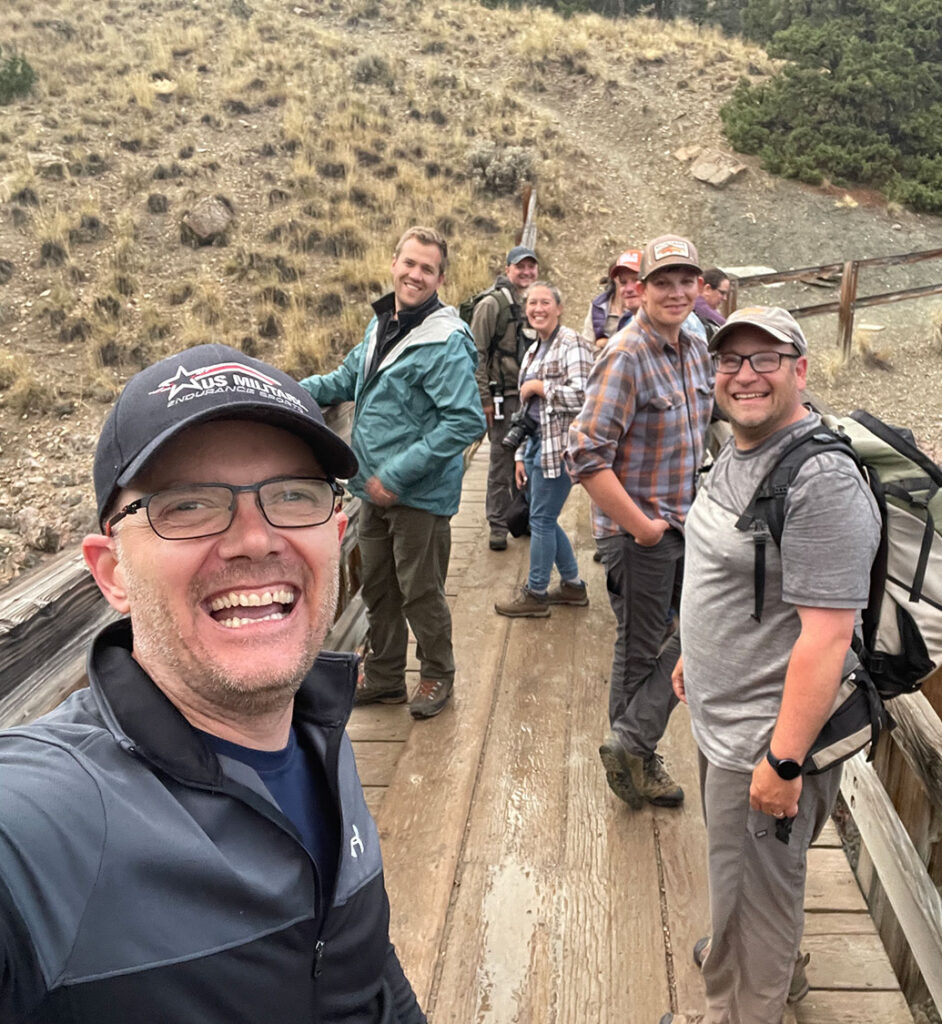Apply for WCLDP
We are recruiting for a diversity of applicants that share a commitment to addressing large-scale change for the future of western conservation.
Courses bring together individuals that are self-motivated; demonstrate initiative and a commitment to learning; and interested in or actively taking responsibility for collaborative western conservation. Individuals that apply will need to demonstrate that they are interested in affecting change in conservation and will need to have the support of their agency, organization, or partnership.
Eligibility: Individuals that are active in western conservation representing: state and federal government agencies, Tribal Nations or Tribal organizations, private lands, non-profit 501c3 organizations, industry, and academic affiliates. Candidates will be involved in conservation work in one or more of the following US states, Canadian provinces, or their territories: Alaska, Alberta, Arizona, British Columbia, California, Colorado, Guam, Hawaii, Idaho, Kansas, Montana, Nebraska, Nevada, New Mexico, North Dakota, Northwest Territories, Oklahoma, Oregon, Saskatchewan, South Dakota, Texas, Utah, Washington, Wyoming, and Yukon.

